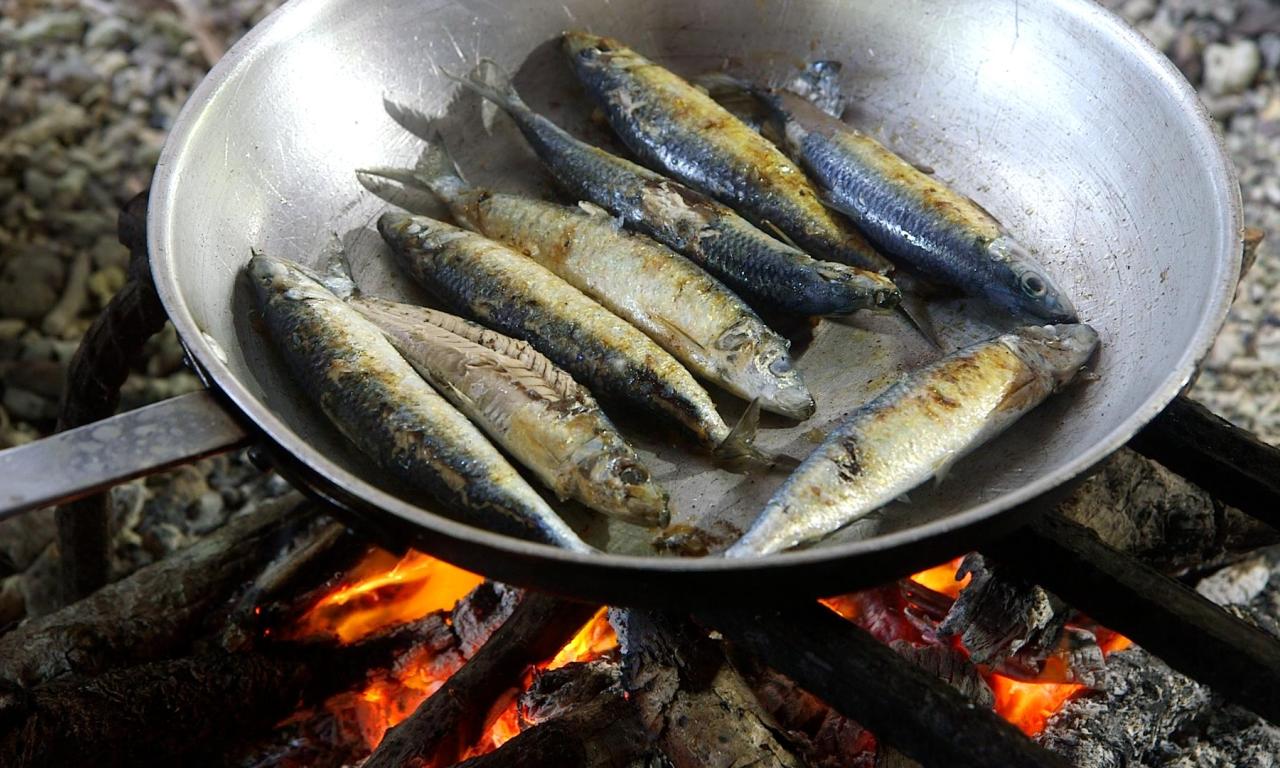
- Aquatic foods are critical components of strategies to deliver healthy, sustainable and equitable food systems and are centrally important to food system decision-making.
- The UN Food Systems Summit Aquatic Food Solution Cluster is a coalition that works to raise the profile of aquatic foods in the context of food systems overall.
- The solution cluster identified key recommendations, such as leveraging aquatic foods to end malnutrition, supporting small-scale actors and including them in the agenda, through a system-level change.
Aquatic foods are the cornerstone of diets, livelihoods and cultures of many poor and vulnerable communities around the world. Despite their unique value and benefits, they are managed as a natural resource, and not as a critical component of strategies to deliver healthy, sustainable and equitable food systems. By prioritizing aquatic foods in the food systems agenda and food and nutrition research, policy and investments, we can make multiple wins toward the Sustainable Development Goals.
The 2021 UN Food Systems Summit (UNFSS) has been instrumental in building the international consensus that aquatic foods are centrally important to our food future. A major outcome of the Summit is the UNFSS Aquatic Blue Food Solution Cluster, which raises the profile of aquatic foods in the context of the food systems agenda. In the lead up to the global event on Sept 23, the co-chairs of the solution cluster, including WorldFish’s Shakuntala Thilsted, wrote an opinion piece in ECO Magazine on game-changing solutions to drive transformational change with aquatic foods.
In the opinion piece, they described three key steps to ensure the inclusion of aquatic foods in food system transformations through a system-level change. Governments and communities must work together to protect and develop the potential of aquatic foods to help end malnutrition, support the central role of small-scale actors in ocean and inland fisheries and aquaculture and bring aquatic foods into the heart of food systems decision-making.
Read the full opinion piece by the 2021 World Food Prize Laureate and WorldFish’s Global Lead in Nutrition and Public Health, Shakuntala Thilsted, Co Director of the Center for Ocean Solutions, Jim Leape, Director of the Sustainable Ocean Initiative at World Resources Institute and Head of the Friends of Ocean Action, Kristian Teleki and Vice President for the Environmental Defence Fund, Tom Grasso.
